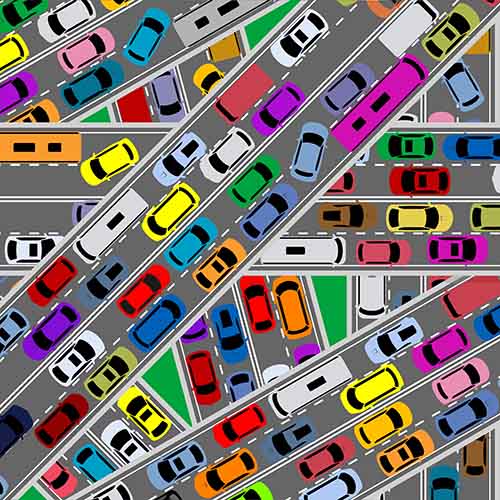“There are two things a person should never be angry at, what they can help, and what they cannot.”
Plato
Just because we want one thing, must we want all that comes with it?
It is a peculiar fact of human existence that the mass effect of individual actions can produce an outcome at odds with or likely to undermine (even if in the long run) their original intent.
This not exactly earth-shattering observation reflects the challenge of balancing individual and collective freedoms; the subject of philosophical reflection on the nature and limits of the rights of the individual since the times of Socrates and Plato.

However, at times we humans seem to be prone to conflate intentions and implications, to erroneously ascribe a complete intent. That is to say, it is somehow inferred that because we want to undertake a given action, we must also be consciously seeking all of the possible consequences of that action.
For example, our wish to make use of the incredible benefits of accessible, concentrated energy doesn’t mean that we consciously desire irreversible climate change and a slow degradation of our planet and way of life. Similarly, we don’t actually demand a side-order of rainforest destruction and Orangutan death when we buy a packet of biscuits. We just want a biscuit.
While the cause and effect implications of such consumption choices can frequently be understood and asserted, it is not logical to assign conscious intent to all outcomes. Assuming such an intent implies that the net-effect of individual choices is deliberate and intended.
If this implication were taken to the extreme (for the purposes of playful provocation), this would suggest that: A traffic jam represents the manifest will of the people.
Err, seriously?
Its simple really. In a “free” society we have the following:
- Freedom to choose (within legal and social reason, and as far as we can afford to do)
- Freedom to act (again within legal and social reason, and dependent upon wealth, technology, etc.).
Given the above, the following should also be true:
People must be free to go to the seaside and come back if they want to.
On sunny days, the traffic jams and gridlock that arise as we seek out the sun and sand must therefore be a consciously desired aspect of the day too….
“I don’t want to just go to the seaside (people would need to say under this scenario), I also demand to be able to sit in a jam, breathe in exhaust fumes, have my children conducting an alternating programme of asking if we are there yet (when we are plainly forever “here”) with being sick over the upholstery. It is my right as a citizen and consumer.”
This is what drivers in such a jam want. It must be.
Because they they want one thing, every aspect and implication which arises from that initial desire or need must be conscious and deliberate. Therefore the traffic jam is an expression of the absolute, aligned, collective will of the (individual) people.
Isn’t it?
Or perhaps the relationship between desire and consequences is a little more complicated, more opaque and a little less deliberate….
….sometimes what we want brings us more than we bargained for.
“Human behaviour flows from three main sources: desire, emotion, and knowledge”
Plato
This piece was inspired by and owes a debt to “Gridlock” by Ben Elton.
This post was also published by 2Degrees on 1/09/14 and by Sustainable Brands on 12/09/2014.


Leave a Reply